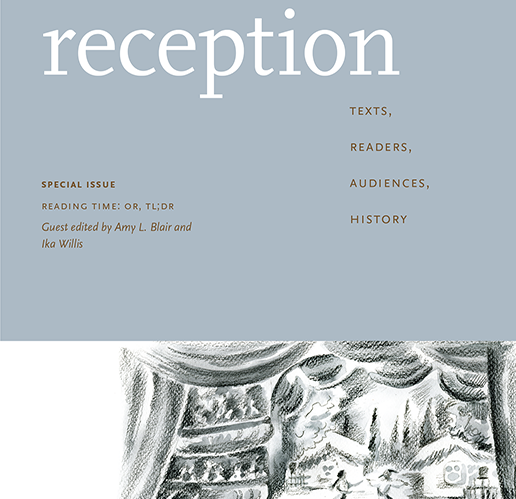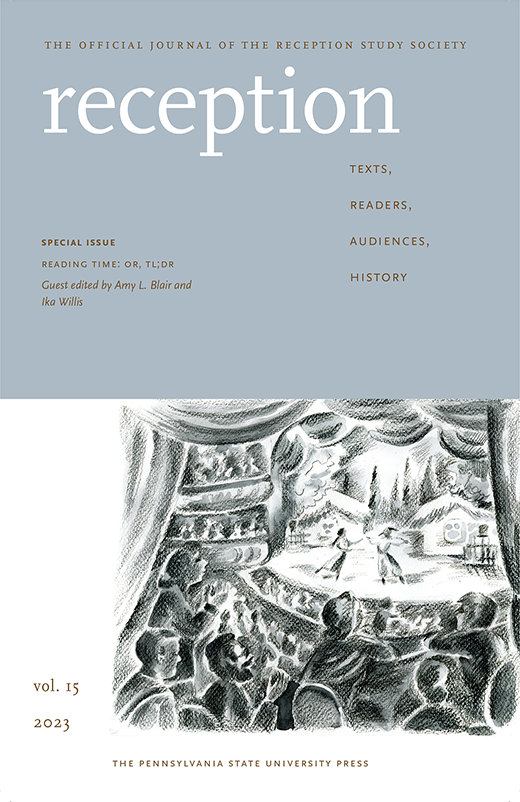We have wonderful news of another new publication as a result of an IF Phase II funded project; with Paul Magee, Paul Collis and Jen Crawford authoring the first chapter of A Book That Opens, a volume containing story-based knowledge about river management by Barkindji people in outback New South Wales, Australia. Passing on vital understandings of how better to live in such environs, the book is also intended to provide a different sort of reading experience, and indeed time, by generating a form of writing that brings orality to the fore. Specifically, the book’s 13 chapters are each improvised on the spot, taped, and then transcribed. But nothing is really made up on the spot. The rivers of story and pre-given phrasing from which everyday speech arises, in European and indigenous cultures alike, contour this chapter, a university seminar dialogue serving as prelude to our conversations some months later in Bourke and Brewarrina. What is more, those rivers bring us to speak of reading, the kind of reading one does when open to Country.
The ‘We Speak from the Past’ project aims to create a book that speaks. Spoken on Country by a Barkindji elder and poet, in dialogue with two white poets and a number of indigenous interlocutors, taped and then transcribed, A Book that Opens, will comprise a popularly-accessible archive of story-based knowledge about river management down the Barka / Darling River, and about care of the ancient fish-traps at Brewarrina. The evidence of extensive Aboriginal management of rivers, deserts and forests prior to 1788 is there but it has been widely ignored by a settler society anxious to maintain rights over a continent claimed as “unused” land. Focussing on the material and story-based evidence of such practices, the project constitutes a practice-based experiment in archiving the kinds of dialogic intellectual practice and care for Country that indigenous thinkers have sustained for millennia.
By insisting that every word it contains initially be spoken, the project aims to bring indigenous storytelling to the fore of our literary experience. In the process it opens new angles on just what a book might be. At the same time, the project seeks to be true to the Intergovernmental Panel on Climate Change’s recent imperative to seek answers to questions of sustainable practice in indigenous cultures. The Brewarrina fish traps—possibly the oldest human structures on the planet (Heritage NSW 2014)—are of stone, served to maintain gatherings of up to 5,000 people in their flourishing, and constitute an archive of sustainable practice in their own right. The book tries to let such places speak as well.
Click here for a link to the article with reception journal.
Authors:
Paul Magee studied in Melbourne, Moscow, San Salvador and Sydney. He writes poetry and scholarly works — the latter ranges from studies of the phenomenon of poetic composition to postcolonial critiques of concepts of nationhood and belonging. Paul has published four books: From Here to Tierra del Fuego (University of Illinois Press: 2000), Cube Root of Book (John Leonard Press: 2006), Stone Postcard (John Leonard Press: 2014) and, most recently, Suddenness and the Composition of Poetic Thought (Rowman and Littlefield: 2022), an exploration of the ineradicable elements of orality at the core of written composition, poetic and otherwise. Paul is Associate Professor of Poetry at the University of Canberra.
Paul Collis is a Barkindji man. He was born in Bourke, in far north/west New South Wales. His early life was informed by Barkindji and Kunya and Murawarri, and Wongamara and Nyempa story tellers and artists, who taught him Aboriginal Culture and Law. Paul earned his Doctorate at University Canberra in 2015, for a study of Barkindji identity with a specific focus on masculinity. His first novel, Dancing Homewon the 2017 David Unaipon Award, and the 2019 ACT Book of the year Award. Paul’s first poetry collection, Nightmares Run Like Mercury, was published by Recent Works Press in 2021. Paul works as Director, Indigenous Engagement, in the Faculty of Arts and Design at the University of Canberra.
Jen Crawford was born in Patea, New Zealand, and spent her early years in New Zealand and the Philippines. Her critical work focuses on the poetics of place, ecological imagination and on cross-cultural engagements in various literary contexts. She is the author of eight poetry books and chapbooks, including Koel(Cordite Books, 2016) and Lichen Loves Stone(Tinfish Press, 2016). In 2020, she and Paul Collis co-edited The Story Ground Anthology, an outcome of the Commonwealth of Australia grant, “Story Ground: Using Oral and Written Story Practices to Engage Indigenous Community Members with University.” At the University of Canberra, Jen holds the role of Associate Dean, Teaching—Strategic Development.


